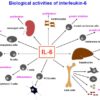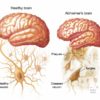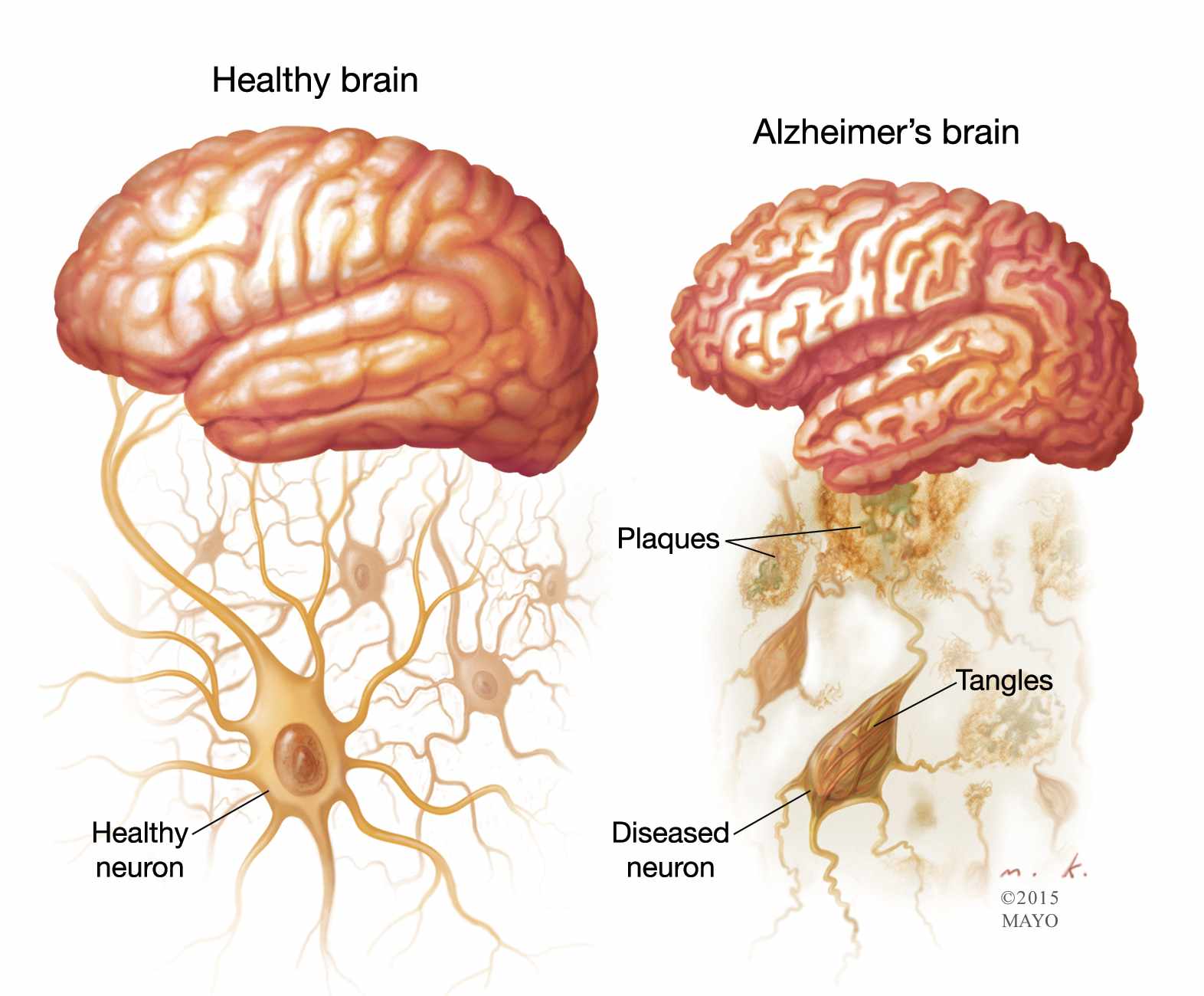APOE Genetic Test
$295.00
CPT – #81401
Test ID- #504040
If you are considering taking the APOE genetic test, it is important to know that this test can detect the presence of the APOE4 variant, which is associated with an increased risk of late-onset Alzheimer’s disease (AD) that usually develops after the age of 60-65. This test may be helpful for individuals with dementia to supplement information from clinical and other evaluations, but it is not appropriate for children.
The APOE genotype results can be one of six combinations: E2/E2, E2/E3, E2/E4, E3/E3, E3/E4, or E4/E4. This test provides additional information for the clinical diagnosis of Alzheimer’s disease.
The APOE gene exists in three different forms or alleles – e2, e3, and e4 – with e3 being the most common allele found in 60% of the general population. Everyone inherits a pair of APOE genes that is some combination of these three.
Having one copy of the APOE e4 allele (e2/e4 or e3/e4) carries some increased risk of developing AD, while having two copies of e4 (e4/e4) is associated with an even higher risk. However, it is important to note that this risk is relative to other people at the same age with fewer copies of e4. Most individuals with APOE e4 will never develop AD in their lifetime, and there are also many people with AD who do not have this gene variant.



